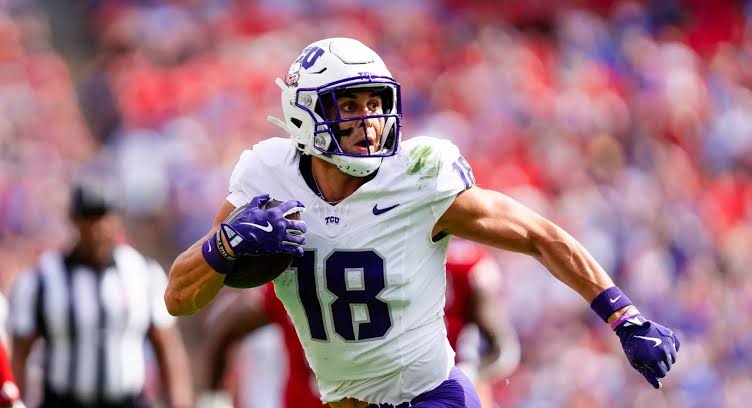
Vancouver Canucks are reportedly on the verge of consummating a staggering US $550 million contract with Edmonton Oilers captain and reigning Hart Trophy winner Connor McDavid.
If completed, the deal—believed to span eight years—would not only reshape the power dynamics in the NHL’s Pacific Division but also redefine the salary benchmarks for superstar talent across professional sports.
—
A Franchise-Altering Acquisition
Sources close to negotiations indicate that Vancouver’s ownership group views McDavid—universally regarded as the league’s premier offensive talent—as the missing cornerstone capable of elevating the club from perennial playoff hopefuls to bona fide Stanley Cup contenders. Having led the NHL in scoring for four of the past five seasons and captained Oilers to multiple deep playoff runs, McDavid brings a résumé that blends elite production (an astonishing career 1.60 points-per-game average) with proven leadership.

Canucks general manager Patrik Allvin—under pressure to deliver a marquee acquisition after several near-misses in recent postseasons—has reportedly offered a deal structure that includes not only an eye-popping average annual value (AAV) of nearly $68.75 million, but also significant performance bonuses tied to Norris Trophy candidacies, scoring titles, and playoff milestones.
—
Financial Implications & Salary-Cap Ripples
The NHL’s salary-cap ceiling for 2025–26 is projected at approximately $89 million, meaning McDavid’s contract would consume more than three-quarters of Vancouver’s total payroll space. To accommodate the megadeal, the Canucks are expected to move several veteran contracts—either via trade or buyout—to create the necessary cap flexibility.
Cap-strapped franchises have long warned that such “mega-contracts” could set off a domino effect, forcing teams to overpay lesser players or risk losing emerging stars to offers they cannot match. In Vancouver’s case, the front office believes the upside—both on-ice success and the commercial windfall from McDavid’s global brand—will justify the unprecedented financial commitment.
—
Impact on Edmonton & McDavid’s Legacy
For the Oilers, losing their generational talent would represent a stunning turnaround after years of building around McDavid’s dynamic play. Edmonton’s front office has reportedly made every effort to retain him, including offering a shorter-term “bridge” extension with an AAV in the mid-$40 million range. McDavid and his agent, Darren Ferris of Octagon Hockey, however, appear intent on exploring open-market value reflective of his all-world status.
Should McDavid don the blue and green in 2025–26, he will instantly become the face of one of Canada’s most passionate hockey markets. The move would cement his status among the game’s all-time greats, joining the ranks of Wayne Gretzky’s blockbuster 1988 trade and Mario Lemieux’s storied tenure in Pittsburgh as generational shifts that transcended sport.
—
What’s Next?
Vancouver’s contingent of season-ticket holders and corporate partners is on tenterhooks, awaiting final league approval and McDavid’s signature. The NHL Players’ Association must also ratify the contract under its collective bargaining framework, a process typically completed within days once terms are agreed upon.
If all parties align, Connor McDavid will head west this summer—transforming both the Canucks’ immediate fortunes and setting a new financial yardstick for superstar compensation across North American professional sports.






